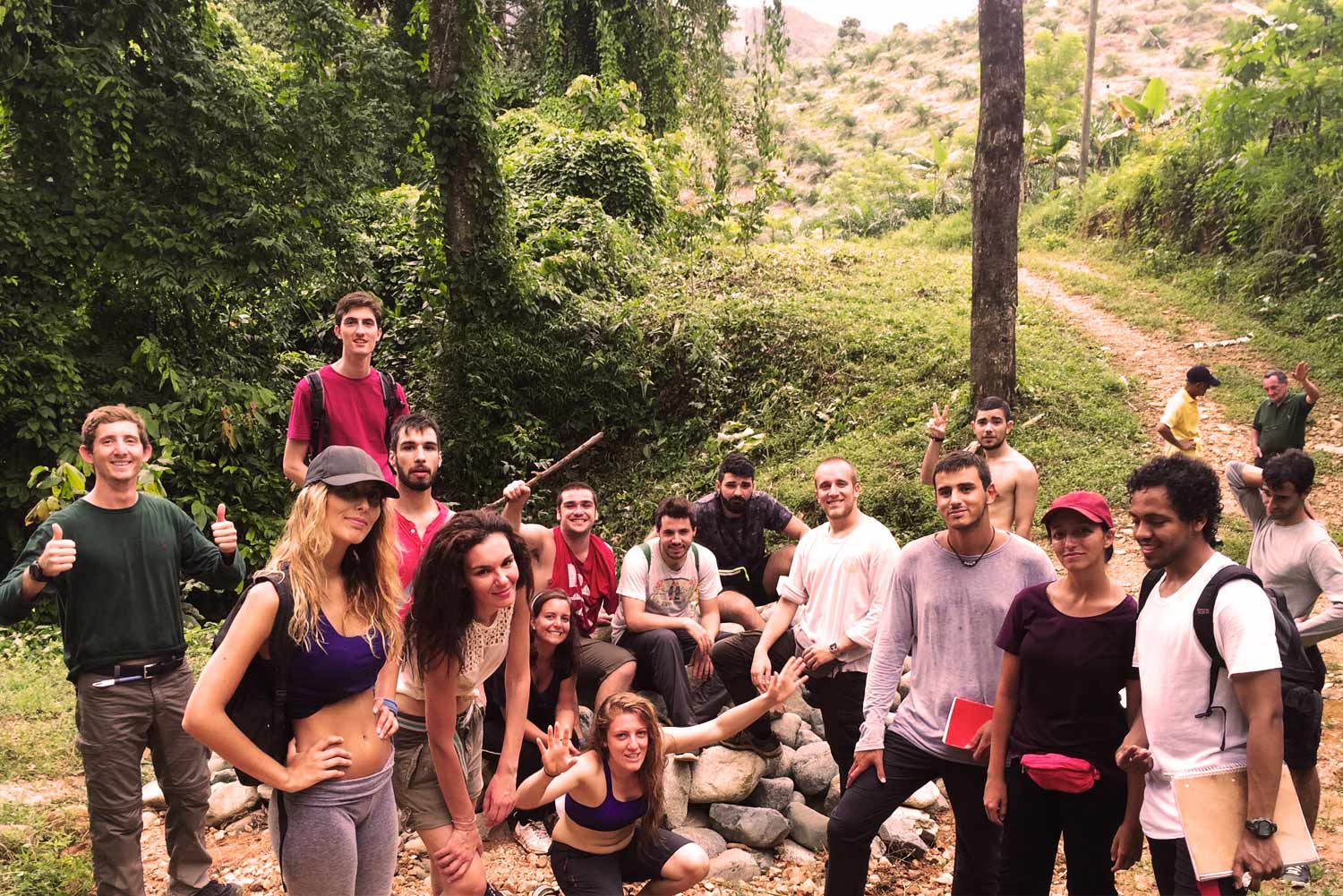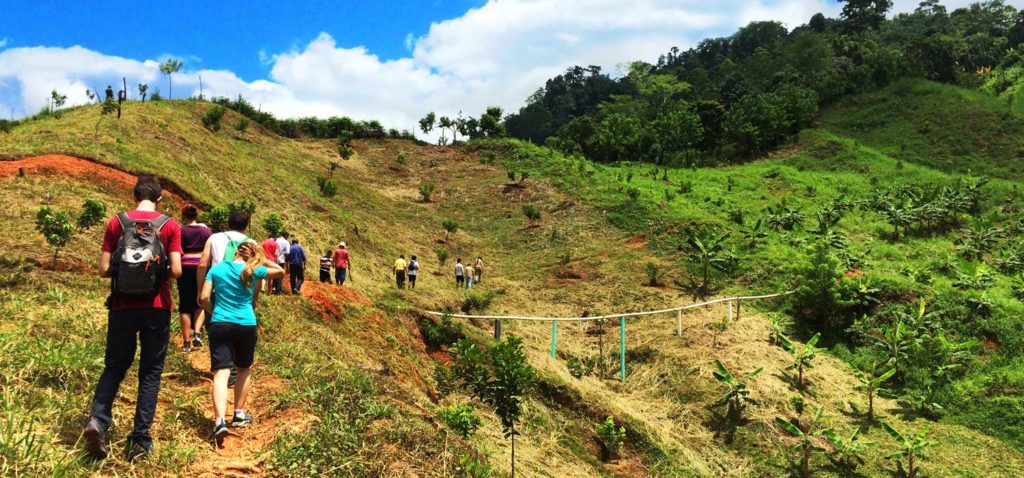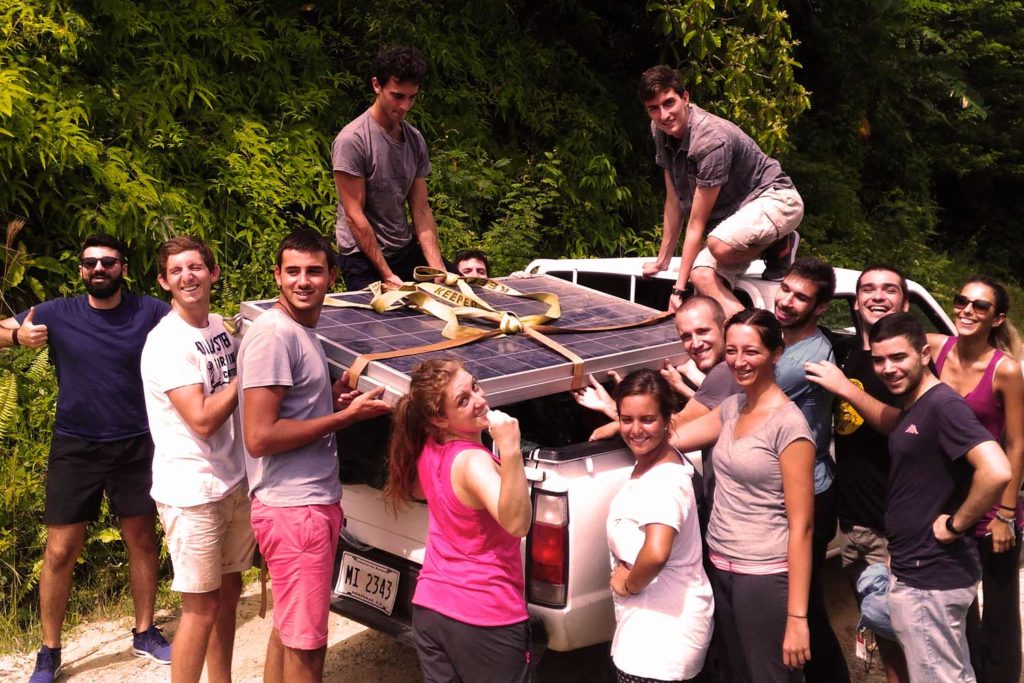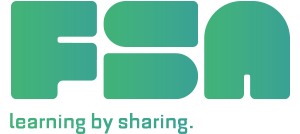
Universities all around the world are gaining a key role in sustainable development and cooperation through an increasing number of graduates and PhDs focused on these topics.
There is also a need to reduce distances between the technical view of cooperation and the social sciences, as well as between the didactics and the practical experience on field.
 Professionals from the technical, economic and social sectors involved in development cooperation are called to interact in interdisciplinary and transnational contexts.
Professionals from the technical, economic and social sectors involved in development cooperation are called to interact in interdisciplinary and transnational contexts.Such skill has nowadays become essential for a meaningful and sustainable contribution within the working environment.
This is the goal of the course “Engineering for Developing Communities (EDC)” at Columbia University, New York, of the “Co-operation and Design for Development (CDD)” course at the Sapienza University of Rome, “Global Leadership and Sustainable Development “(GDLS) of Hawaii Pacific University and the Center for Sustainable Development (CSD) at the University of Cambridge (UK).
Interactions among this matters are well elaborated during the Field Study Abroad promoted by the Interuniversity Research Center for Sustainable Development -CIRPS- of the University of Rome “La Sapienza” and the non-profit organization “Tecnologie Solidali” with the advisory of Meridiana Energy consulting.

Field Study Abroad places students within an international project management in the field of renewable energies and sustainable development, covering all phases from preafeasibility studies, to project design, construction until monitoring and final evaluation.Topics are approached with accademic methodology and research purposes in order to involve students in scientific discussions.
Further goal of the FSA is the preparation of young professionals capable to discuss technological, political and social solutions to be addressed to the challenges of developing countries in both urban and rural areas, with a participatory approach regarding the identification of needs.

The characteristic approach of the FSA lies in the concept of “learning by doing”, with frontal lessons during field activities, as well promoting students engagements with Universities, International Organizations and Public Institutions for internships, trainings or job opportunities.
From 2014 several editions have been organized, between Central America and East Africa, counting on more than 150 participants.


